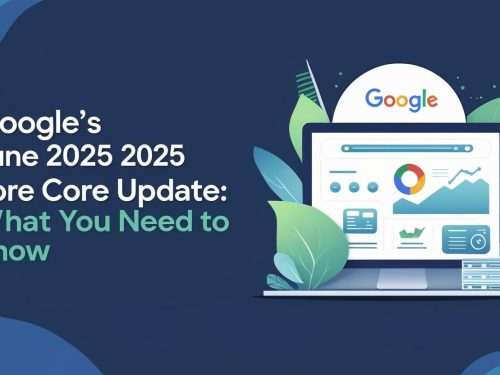sEO is the process of optimizing or optimize your website to improve its organic traffic and visibility in search engine results pages (SERPs) on the top positions. This is done by using keywords and phrases that people are searching for in search engines and making sure that the website is structured in a way that is easily understood by the search engine algorithms. SEO is an essential part of digital marketing because it helps to ensure that a website appears high in the search engine results pages (SERPs) for relevant keywords, which can increase traffic and visibility for the site.
There are several types of SEO services which Simple Ways To Optimize Your Website for seo, including on-page optimization, off-page optimization, technical SEO, local SEO, and e-commerce SEO. On-page optimization includes optimizing the content and structure of a website, while off-page optimization involves building backlinks from other websites. Technical SEO involves improving the technical aspects of a website, such as its code and architecture. Local SEO focuses on optimizing a website for local search results, and e-commerce SEO is specifically designed for online stores and other e-commerce websites.
How websites relate to Search Engine Optimization
A website is the foundation for SEO efforts. In order for search engines to understand and rank a website, it must be properly structured and optimized. This includes having a clear hierarchy of information, using relevant keywords, having a responsive design, and having a clean code. A website that is well-designed and optimized for search engines will be more likely to appear at the top of search engine results pages (SERPs) for relevant keywords. SEO is the process of improving website’s visibility and ranking in SERP by making various changes to the website and its promotion through different tactics.


Here are some simple ways to optimize your website for SEO:
Research and use relevant keywords:
One of the most important aspects of SEO is using relevant keywords throughout your website’s content and meta tags. These keywords should be specific to your business and the products or services you offer. Researching and selecting the right keywords can help to ensure that your website appears in the search engine results pages (SERPs) for the phrases that are relevant to your business.
Create high-quality content:
Search engines love high-quality, unique, and informative content. Make sure that your website’s content is well-written, informative, and provides value to your visitors. This will not only help with your SEO efforts but also will help you to engage your audience and provide them with relevant information.
Optimize website structure and code:
The structure and code of your website play a critical role in its visibility in the search engines. Make sure that your website’s code is clean, well-organized, and follows best practices for search engine optimization. This will help to ensure that search engines can easily crawl and index your website.
Build quality backlinks:
Backlinks, or links from other websites to your website, are an important factor in SEO. The more high-quality, relevant websites that link to your site, the more likely it is to rank well in the SERPs. Reach out to other websites in your industry and ask them to link to your website.
Make sure your website is mobile-friendly and has a fast loading speed:
With the increasing number of mobile users, it’s important to make sure that your website is mobile-friendly and loads quickly. Google has stated that the mobile version of your website is used for indexing and ranking, so it’s important to make sure that it’s optimized for mobile devices.
Create a sitemap and submit it to search engines:
A sitemap is a file that lists all the pages on your website, and it helps search engines to understand the structure of your site. By creating and submitting a sitemap to search engines, you can help them to more easily crawl and index your site.
Optimize images and videos:
Images and videos can also be optimized for SEO by using relevant keywords in the file names and alt tags. This can help to ensure that search engines can understand the content of your images and videos, and improve their visibility in the SERPs.
Utilize header tags:
Header tags (H1, H2, H3) help to organize content and give it a hierarchy. This can help search engines understand the structure of your content, and improve the visibility of your site in the SERPs.
Have clear and easy-to-use navigation:
Navigation is an important aspect of your website’s usability and SEO. Make sure that your navigation is clear and easy to use so that visitors can find what they’re looking for quickly and easily.
Create a blog and regularly publish quality content:
A blog can be a great way to add fresh, relevant content to your website on a regular basis. This can help to improve.

Some More Way To Optimize Your Website For SEO
1. Keeping your website updated and relevant, by removing outdated content and broken links.
2. Make sure your website is secure by using HTTPS.
3. Use structured data markup to help search engines understand the content on your website.
4. Make sure your website is indexed by search engines.
5. Create a Google My Business listing and link it to your website.
Stay focused and remember your goals – they will always inform what your next step will be!
It is really a pleasure to work along with GetsetSeo. The devotion demonstrated by the professional team of this company is really laudable, their understanding regarding digital marketing landscape is really commendable.
Martin Spencer





